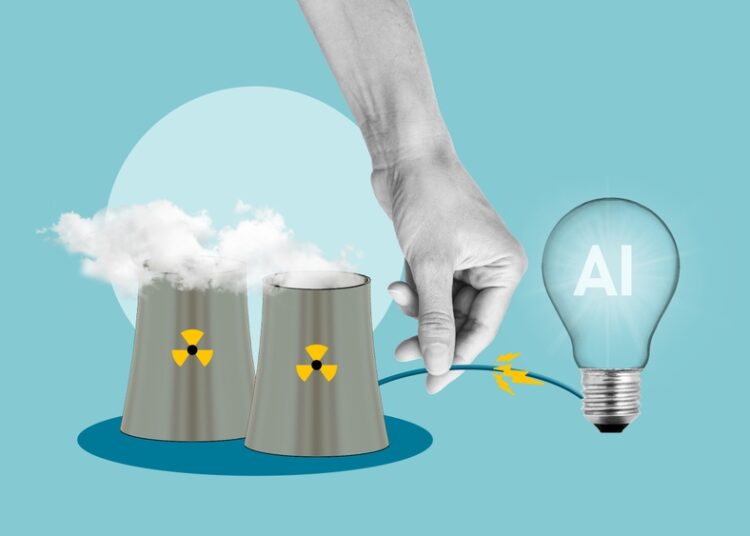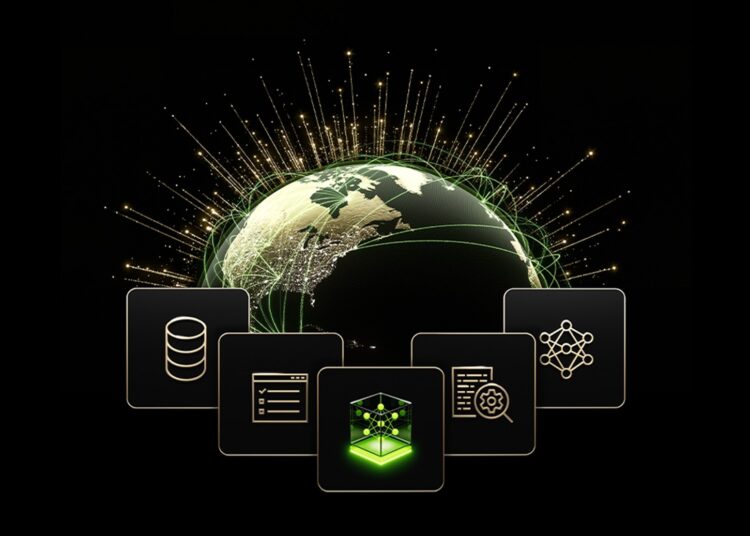Veridium Labs, a company incubated by EnVision Corporation, is collaborating with IBM to help transform the carbon credit market using IBM blockchain technology with the goal of making it easier for companies to offset their environmental footprints.
Veridium’s new solution for carbon credits will encompass the entire process of carbon footprint accounting and offsetting. Relying on IBM blockchain technology and technology expertise from IBM, the company plans to transform carbon credits into a new type of fungible digital asset that can be redeemed and traded on the Stellar network with less friction. The project builds upon IBM’s work in both public and private blockchain networks to enable clients and developers to engage in token-related networks.
“For years, we’ve been trying to mitigate environmental impacts at every point in the value chain, however previous solutions still presented significant complexities and costs. Our work with IBM is the first step in dramatically simplifying the accounting and offsetting processes, and therefore ultimately helping reduce costs,” said Todd Lemons, CEO & Co-Founder of Veridium. “Our digital environmental assets are designed to help companies and institutional investors purchase and use carbon credits to mitigate their environmental impacts today, and even hedge their potential carbon liabilities risks in the future.”
“By using a public, permissioned blockchain network, we can help Veridium create a new sustainable marketplace that is good for business and good for the world,” said Bridget van Kralingen, Senior Vice President, IBM Industry Platforms and Blockchain. “This is a great example of how industries are being reinvented by blockchain, in this case establishing a far more efficient and transparent approach to carbon accounting and offsetting that will empower individuals and companies to play a role in improving our environment.”
Many companies purchase third party carbon credits. But the process of measuring those emissions throughout a complex supply chain can be confusing and costly. Purchasing these financial instruments is often equally complex.
Blockchain based digital assets, or tokens, can enable innovative ways to buy and use the underlying carbon offset since they can move and settle swiftly across networks. Tokenization provides increased trust and integrity in the flow of information among trading partners and network participants. Further, integrating the entire process of carbon accounting and offsetting into a digital token on a public, permissioned blockchain network can help make measuring environmental impact, transferring ownership rights, and redeeming the underlying carbon offset more efficient.
The Veridium-issued token will be a new way to address the challenges of global warming. One of the biggest causes of concern is deforestation, impacted by the heavy carbon footprint of mankind. In the past 50 years, the world has lost more than 50 percent of its agricultural land to urban and industrial development1; nearly 40 percent of the world’s biodiverse tropical forests have been converted to industrial agriculture2; and up to 80 percent of the world’s fresh water is contaminated3.
Veridium plans for its initial tokens to represent carbon accounting and offsetting backed by environmental assets, including Triple Gold REDD+ credits from InfiniteEARTH, another Envision company. InfiniteEARTH authored the first REDD+ forest carbon accounting methodology, a protocol now embodied in the UN Paris Agreement. InfiniteEARTH’s Rimba Raya Biodiversity Reserve on the island of Borneo in Indonesia is a 250-square mile rainforest reserve that includes the largest privately funded orangutan sanctuary in the world and home to over 100 other threatened and endangered species.
The collaboration with Veridium is one of many IBM is advancing where new asset backed instruments are being used to transform business. The IBM Institute for Business Value has issued a new Expert Insights paper detailing additional ways tokenization is impacting business, “Moving to a Token-Driven Economy.”










Discussion about this post